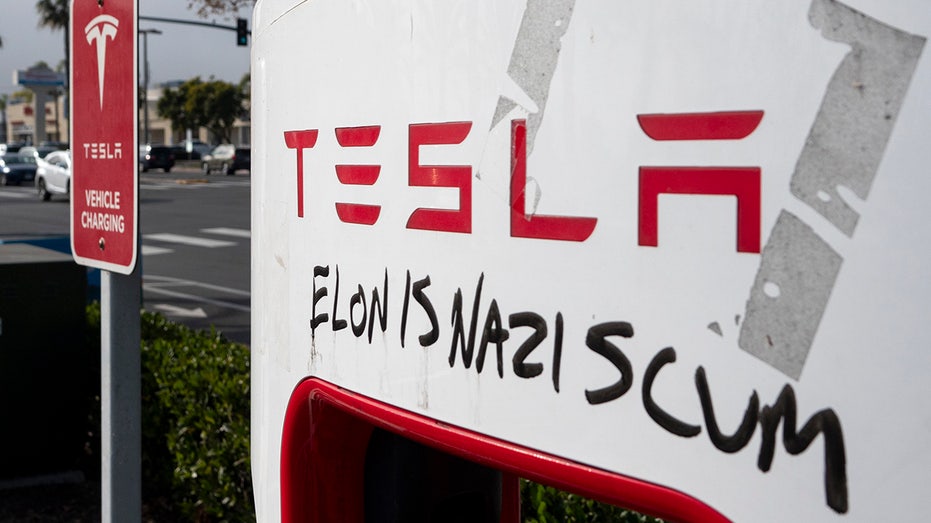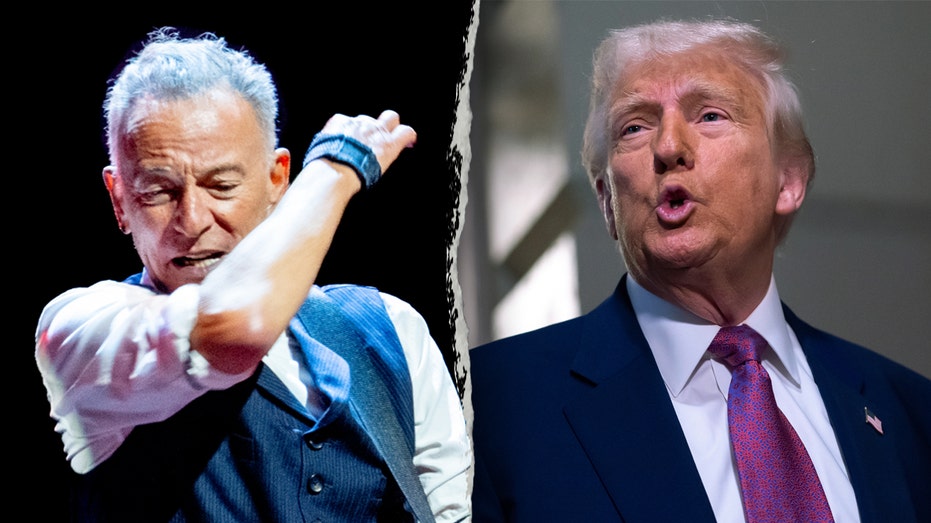Democrats and Tesla: Are We Seeing a New Brand of Political Violence?

Sarah Johnson
March 28, 2025
Brief
The article critiques the selective use of 'stochastic terrorism' in U.S. politics, highlighting double standards when violence targets Tesla amid Elon Musk’s association with Trump.
The term "stochastic terrorism" has become the latest buzzword in political discourse, often weaponized to accuse opponents of inciting violence. While it might sound like jargon reserved for academic cocktail parties, its use in today's political climate appears far more incendiary. Democrats have frequently wielded this term against conservatives, claiming their rhetoric fuels violence. But as vandalism against Tesla vehicles rises—seemingly fueled by backlash against Elon Musk's association with Trump—there’s curiously little talk of stochastic terrorism this time around.
For those unfamiliar, "stochastic" originally meant "random" or "probabilistic." However, in its modern political usage, it implies that certain rhetoric statistically increases the likelihood of violence. Alexandria Ocasio-Cortez, D-N.Y., recently described her discomfort serving alongside Republicans, claiming their actions amount to "stochastic terrorism." Yet, when Tesla dealerships are targeted, cars burned, and charging stations destroyed, those same critics seem to suddenly lose their voice.
Take comments like Rep. Jasmine Crockett, D-Texas, wishing for Elon Musk’s downfall on her birthday, or Tim Walz, cheerfully tracking Tesla’s stock tumble. Meanwhile, Tesla owners and dealerships face actual violence. By the very definition of stochastic terrorism that Democrats have championed, shouldn’t these comments be scrutinized for their role in inciting harm?
What’s troubling is the apparent double standard. For years, the left warned incessantly of the dangers of far-right domestic terrorism. Yet, when destructive attacks target a company closely tied to Musk—a man they publicly dislike—the outrage is conspicuously muted. Isn’t it time for Democrats to unequivocally condemn such acts, regardless of the political affiliations of those involved?
In truth, terms like "stochastic terrorism" often feel like an intellectual smokescreen. Their primary function is to silence dissenting voices under the guise of combating violence. The irony here is palpable: while accusing conservatives of inciting harm, some Democrats seem all too comfortable with rhetoric that tacitly condones the destruction of Teslas.
Political violence, whether directed at Tesla owners or any other group, demands serious attention and action—not linguistic gymnastics. If we’re going to use highbrow terms to discuss these issues, let’s apply them equally across the board. Otherwise, it’s just hypocrisy wrapped in a fancy vocabulary.
So, yes, AOC, riding in armored vehicles to avoid threats is undoubtedly unpleasant. But perhaps before lecturing conservatives about stochastic terrorism, it might be worth acknowledging the arson happening on your side of the aisle. And thankfully, the Trump administration seems less interested in playing word games and more focused on addressing these violent acts by enforcing the law.
At the end of the day, terrorism—stochastic or otherwise—is best fought with clear action, not convoluted terminology designed to score political points.
Topics
Editor's Comments
The term 'stochastic terrorism' feels like the kind of phrase you’d drop at a fancy dinner party to impress people, but in real-world politics, it’s being used as a weapon rather than a lens for understanding. The hypocrisy surrounding how it's applied is glaring—if Tesla vandalism doesn’t qualify, what does? Democrats need to decide whether they’re serious about opposing violence or just selective about whose violence they condemn.
Like this article? Share it with your friends!
If you find this article interesting, feel free to share it with your friends!
Thank you for your support! Sharing is the greatest encouragement for us.



